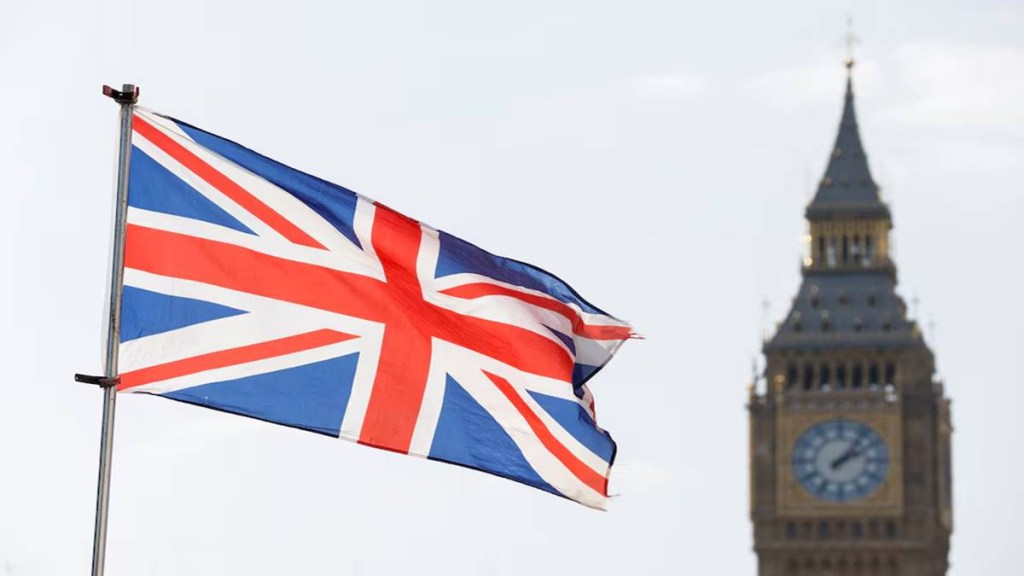By Nandika Handa
There has been a flood of information on the current scenario as far as changes in the student visas to the U.K. is concerned. It has been tough for some to keep up with the developments and has led to mixed emotions of fear and also the resolve to stay on course while bracing for what is to come.
Numerous students have a latent worry as to how their future will shape up and what will become of their aspirations to gain international work experience once they graduate from university in the U.K.
Many students search for clarity amidst this constant stream of information and changing landscape.
Countless students are left questioning “How did we get here, what led to this and what will be the future of international students in the U.K.”.
It is important to understand what the visa entitles students to and what were the changes as proposed by Prime Minister Rishi Sunak? The graduate visa grants permission to international students to reside in the U.K. for at least two years after they have successfully completed their course in the U.K. – This could be the U.K. bachelor’s, postgraduate degree or other programmes that are in the eligible category for the Student visa or General student visa.
Prime minister Sunak had announced that he would like to put restrictions on the student visa , wherein the current two year work period after graduating would be affected amongst other changes .
He had earlier planned on cutting short the duration of stay or perhaps jettisoning the period of time international students may stay in the U.K. to work after completing their degree after finishing their studies, amongst other measures . He has held back on making these changes for the present moment .
There were concerns by the government over how this visa has been misused by some institutions and also has brought in potential “low wage” workers. It was also expressed that this route used as a pathway to immigration as a whole.
All these developments , observations and commentary on need for change lead to the question – What could be on the anvil now?
Even though Sunak has presently held back on the much anticipated changes , it might be too soon to celebrate.
The Home Secretary and Education Secretary have announced new proposals in the interest of the visa being used by international students only as a means to gain education and not as a pathway to immigration.
The proposed changes are also part of an ongoing broader strategy by the government to address the rising migration, and reform the immigration system.
Some proposals under consideration are :
Regulations of recruitment of international students by agents , whereby the universities are mandated to set up a more rigorous framework when signing up these agents .This would accomplish the task of cracking down on unethical recruitment agents encouraging students to apply under false pretexts.
Stricter regulations for institutions recruiting international students -Those institutions that accept international students but do not pass government visa checks and don’t enrol students as per the law or complete their courses, might be at risk of losing their sponsor licence.
International students will have to prove that they are financially self-sufficient as financial maintenance requirements may be raised.
English language assessments are already under the review of the government with the objective of trying to standardise independent assessments. This would meet the aim of ensuring all international students alike , are equipped with the skills to understand their study materials.
Migration has dropped by 10% since 2022 according to statistics released by the ONS . These do not take into account steps recently made by the government that are expected to reduce migration further.
Changes in the student visa regulations, which came into force in January, have prevented most international students starting courses this year from bringing family members with 79% fewer student dependent applications in the first 4 months of 2024.
Recent figures show a 25% decline in visa applications. The Office for Budget Responsibility has forecast that migration on the whole will halve from its 2022 peak in the next 12 months.
Given these statistics and trends-What is the fate of things to come? A lot of answers will be clearer after the British elections in July 2024.
However a very pertinent question is, if the laws become more stringent and make the landscape tougher than it is now , will the number of students that chose to go to the U.K.as a preferred destination whittle down?
Is the longstanding dream of a “British Education” for students and parents alike going to become even tougher to achieve or will the stars align and go in the favour of those waiting in the aisles to be educated at the most prestigious and well regarded educational institutions worldwide .
Also, conversely what will be the fate of the institutions who welcome and thrive in the currently truly diverse and international atmosphere, celebrating each and every international student at present – And very importantly how will the government then make up for the large loss of revenue it will accrue from the lessening number of international students being able to come to the U.K.
Will the government be in favour of losing scores of students, when, according to a study, just one single cohort of international students in the U.K. contributes up to approximately £3.2 billion to the economy ?
Much is at stake presently and there are many left hoping for a more favourable outcome for the sake of both international students and universities after July .
The author is an independent writer. She specializes in immigration, global education, and globalization. She is a Global College Placement Counsellor and has previously led an investment immigration firm. She is based between Bengaluru and Toronto.
Disclaimer: Views expressed are personal and do not reflect the official position or poli

